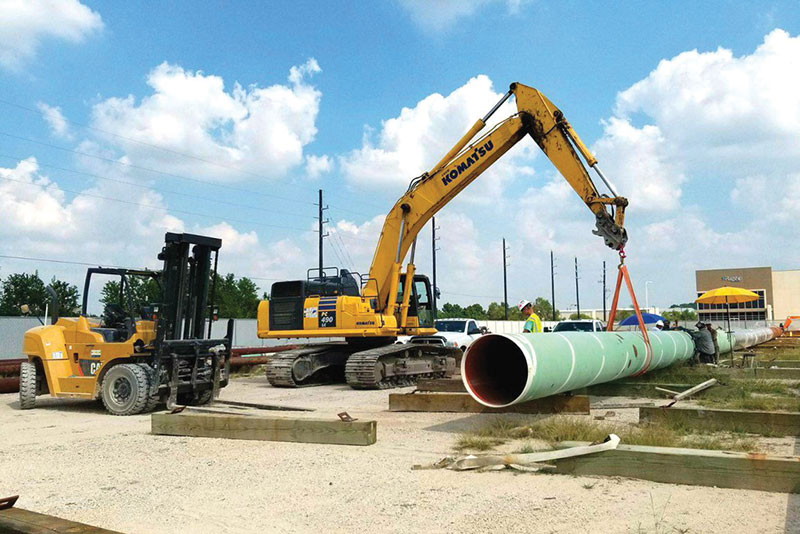May 2020, Vol. 247, No. 5
Features
PRCI’s Commitment to Drive Strategic Industry Research
By Cliff Johnson, President, PRCI
Pipeline Research Council International (PRCI) is pleased to announce that its Executive Assembly has approved the development of Strategic Research Priorities (SRPs).
Identifying and executing SRPs allows PRCI to collaboratively address key strategic industry initiatives and issues in which there are near-term opportunities, to develop significant outcomes for the industry in the interest of public safety.
A number of important candidates for SRPs have been identified, and through an objective prioritization process supported by data-driven metrics, PRCI recently approved the following three SRPs for funding in 2020 and 2021:
- Optimize the detection and mitigation of mechanical damage
- Reduce greenhouse gases (GHG) emissions
- Achieve a pathway to efficient and effective crack management
The agility of the PRCI research model will also continue to address and conduct research in the following additional areas identified as high-priority issues:
- Geohazard management
- Liquid leak detection
- Emerging fuels
- Weld undermatch and heat-affected zone softening
- Optimized integrity management of corroded pipelines
“Focusing efforts and funding to address significant industry challenges demonstrates PRCI’s recognition of the current state of the industry and the position that it has in providing the key solutions needed to enhance the safety and integrity of our global pipeline systems,” according to PRCI Board Chair Walter Kresic.
Upon approval of the SRPs, PRCI will focus more on the key challenges facing the industry that impede the attainment of the goal of zero failures.
PRCI will also enhance engagement among our members, government, and the industry as a whole by being more strategic and intentional about breaking down silos and working cohesively as groups to solve problems that cross disciplines.
This will allow PRCI to lead industry research in a more significant way by making impactful advancements in technology and R&D to improve pipeline safety and performance.
Additional information about the funded SRPs follows:
Optimize Detection
Considering the current state of the industry with regard to dents and dent management, a key research priority for PRCI is to close the gaps on mechanical damage (MD) research and produce a comprehensive set of guidelines and engineering assessment tools for managing the threat of MD that are aligned with current inline inspection (ILI) and nondestructive evaluation (NDE) technologies.
This effort is targeted to consolidate the research and provide all pipeline operators with a technically defensible case to effectively manage deformations that are identified through condition assessments and focus energies and resources to ensure repairs are being made where repair is truly needed.
Reduce GHG Emissions
Although the pipeline industry has made significant improvements in reducing GHG emissions, there is a drive to address the issue more aggressively through efficiency improvements and the reduction of methane emissions. The largest GHG emissions by pipeline transportation stem from the power used to drive compressors and pumps.
Even marginal improvements in efficiency can have a high impact in reducing GHG emissions (mostly carbon dioxide [CO2]) for equipment that has high utilization. This is applicable to all aspects of the system, including the driver (engine/motor), the driven equipment (pump or compressor), and the ancillary equipment (transformers, variable speed drives, boilers, heaters, etc.).
Achieve Efficient, Effective Crack Management
The industry has devoted a significant amount of time and resources to crack management, but even with all of this investment, there still have been high-profile failures. Operators are continually striving to make their programs more effective and efficient.
This research effort has identified a series of deliverables that can be developed in parallel to make a step change in the Plan, Do, Check, Act cycle of integrity management for the threat. A substantial body of research is underway, and some elements are near completion that need to be coordinated and analyzed collectively.
Cliff Johnson has been the president of PRCI, a leading global collaborative research development organization for the energy pipeline industry, since 2010.







Comments